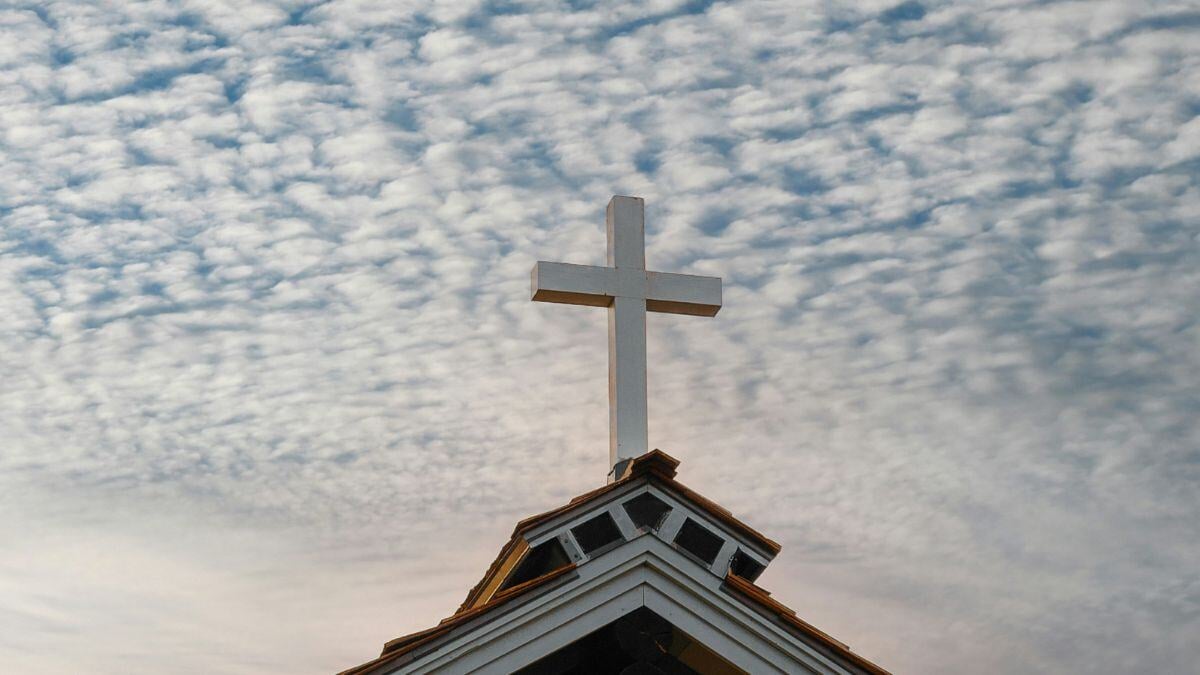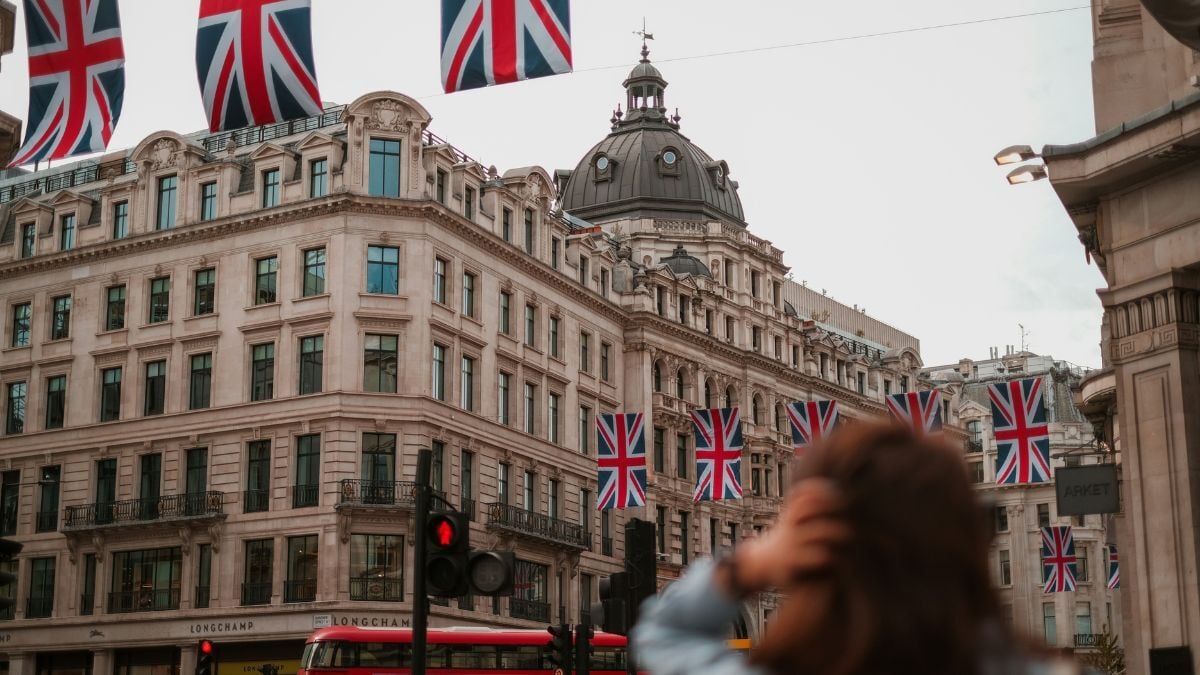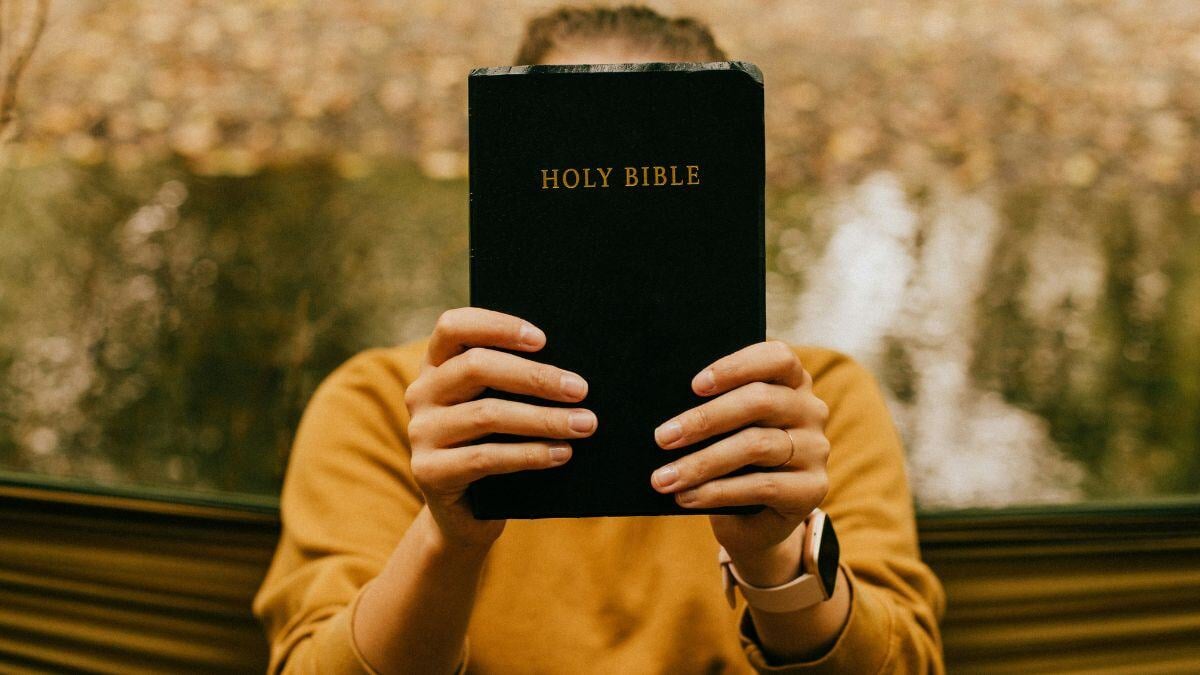The British Crisis
Authors: John Stonestreet and Dr. Glenn Sunshine

Author: John Stonestreet | Dr. Glenn Sunshine
October 27 is known as International Religious Freedom Day. On this day in 1998, then-President Bill Clinton signed the International Religious Freedom Act. It is a date, though now remembered, that carries a surprising amount of checkered history when it comes to religious freedom.
On this day in AD 312, Constantine the Great had his vision of the Cross while on a march to battle, which led to his conversion to Christianity and, eventually, the Edict of Milan, which legalized Christianity in the empire. It was also on this day, in 1553, Michael Servetus was burned at the stake outside of Geneva for heresy. And, on October 27, 2018, a gunman opened fire at the Tree of Life Synagogue in Pittsburgh, killing eleven and injuring six.
Today, religious freedom is affirmed in the Universal Declaration of Human Rights, the International Covenant on Civil and Political Rights, and other international documents. However, it is in a precarious position and under constant threat. The shocking rise in global antisemitism is an obvious example, but there have been many other atrocities as well. In 2014, ISIS committed unspeakable crimes against the Yezidis in what meets the criteria for being labeled genocide. In 2017, Rohingya Muslims faced genocide, which led many to flee to Bangladesh. Recently, Muslims in Bangladesh have attacked the Hindu community, burning homes and terrorizing their neighbors. In China, Uyghur Muslims and practitioners of Falun Gong face severe persecution. The list, tragically, goes on and on.
By far, the most widely persecuted religion around the world is Christianity. According to Open Doors USA, over 365 million Christians, or about one in seven globally, face high levels of persecution today, including one in five Christians in Africa and two in five in Asia. And it’s getting worse.
In 2023, 4,998 Christians were martyred, an average of over 13 per day. Eighty-two percent of those killed were in Nigeria, by Muslim Fulani herdsman, Boko Haram, or organizations affiliated with ISIS. That same year, over 295,000 Christians were driven from their homes by war or extremism, more than double the number from 2022. Over 4,000 Christians are known to be imprisoned, and over 14,000 church properties were attacked, a six-fold increase from the previous year. This includes church closures by the state in China, mob violence in India, and attacks on churches in Nigeria, Nicaragua, and Ethiopia. There have also been many attacks on churches in Western nations, including France, the United States, and especially Canada, where at least 196 churches have been targeted and many burned to the ground.
In the Muslim world, particularly fundamentalist Islamic countries, Christians and other religious minorities are regularly subject to discrimination. In countries like Pakistan, blasphemy laws are used to target Christians, since accusations of blasphemy can result in mob action and require little evidence. In India, supposedly a democratic nation, the Hindu Nationalist Party has pushed anti-conversion laws that criminalize Christians sharing their faith. Last year, widespread anti-Christian violence in two states there resulted in many deaths, thousands driven from their homes, and many churches burned.
Despite claims to the contrary, there is declining support for religious freedom in the United States. Even with repeated rulings upholding religious freedom from the Supreme Court, an increasing number of believers are harassed with accusations and lawsuits demanding that they celebrate so-called “same-sex marriage,” accept abortion, or support so-called “gender-affirming care.” Most notable is that public support for religious freedom is waning, as is the public understanding of it. Those who eventually prevail at the Supreme Court have endured a process that is a form of punishment, including numerous losses at the lower courts, financial and reputational ruin, and often, abandonment from other people of conscience. (And, of course, the calls to pack the Supreme Court are aimed at undermining the right to dissent.)
This is why International Religious Freedom Day is so important. The freedoms to believe and live out of our fundamental beliefs is a good gift that Christianity gave the world. In an era where this freedom is being eroded globally, American believers are in a unique position to argue for religious freedom and to support believers in places where it is most in jeopardy. A great way to celebrate this freedom is to tell someone why it is so important. And take a minute to pray for the persecuted, especially our brothers and sisters in Christ around the world.

Authors: John Stonestreet and Dr. Glenn Sunshine

Author: John Stonestreet and Shane Morris
 Read More
Read More